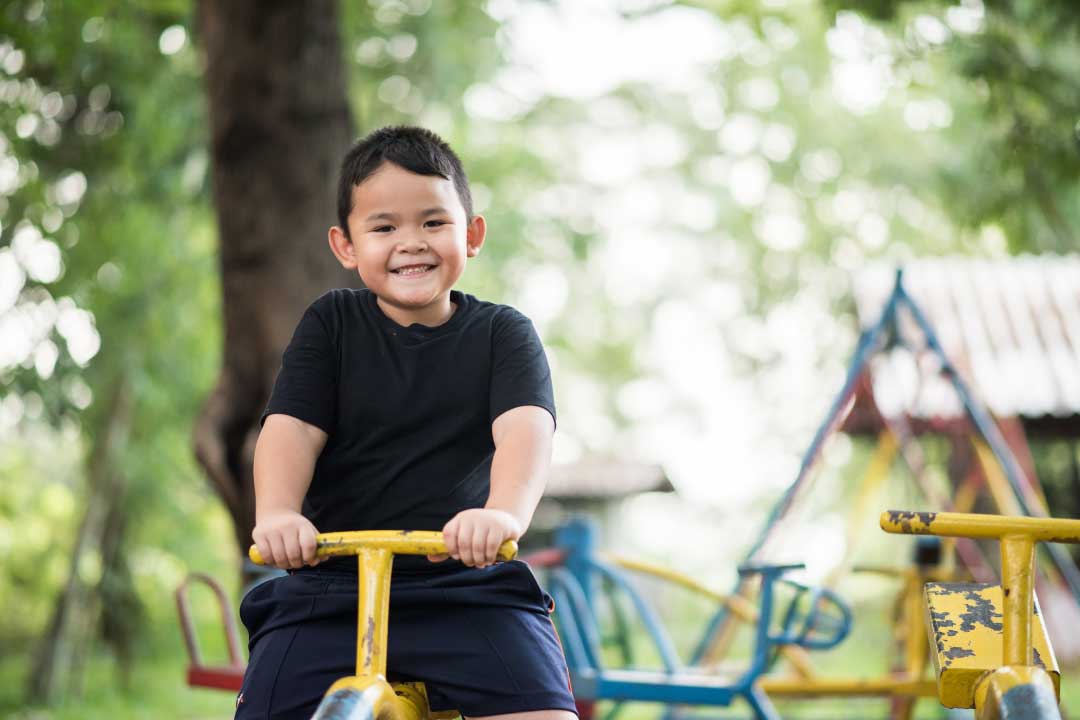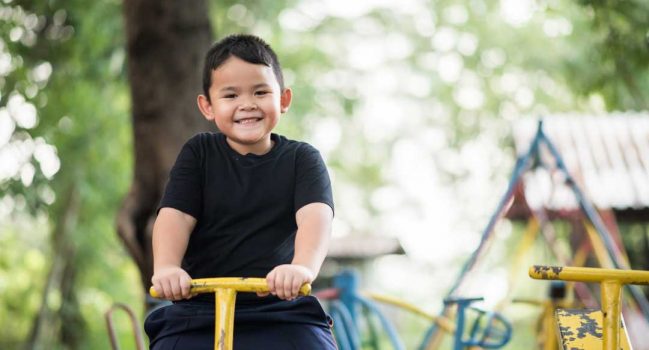
Kids: Balancing screen time and green time
One of the most common questions parents ask of their optometrist is, “how much screen time is too much for children?”
When Optometry Australia surveyed parents about their children and screen time they discovered that 44 per cent of Australian parents are worried about the effects of screen time on children’s eyesight whilst nearly 75% believe that too much screen time can damage our vision.
Today, nearly 25 percent of school children have a vision problem significant enough to impact their learning.
Your child’s eyes are critical to both their learning and development. Most of their learning comes from what they see, so it is important that they understand how to look after their eyes.
One of more tangible areas we can help look after the eyes of our children is with screen time.
Too much screen time has an impact on children’s eyes and has been associated with vision problems such as eye strain (sore eyes) and myopia (short-sightedness). Not only this, it also contributes to poor physical, social and intellectual development.
Green time
Whilst screen time has become a way of life for most school aged children, it is important for their development that they have the right balance between screen time and green (outdoor) time.
Australian research shows that increased exposure to outdoor light will help reduce the early onset of myopia in children, whilst a study from overseas confirmed that time outdoor in natural light can slow the progression of myopia.
Myopia (short-sightedness) is growing rapidly among children and predicted to reach epidemic proportions with half the world’s population forecast to be impacted by 2050.
It becomes a greater problem the longer children spend in front of their screens, reducing the time they spend outside.
Research indicates that being outdoors in natural light for less than an hour a day can increase the risk of myopia; whilst for those with myopia, if they increase time outdoors myopia progression can be reduced.
Therefore, it is important that whenever a child is using a screen, they need to have a proportionate amount of green time.
To help prevent myopia from developing and progressing, it is recommended that children should spend one to two hours a day outside.
It is important for a child’s health, learning and emotional development to help them find the right balance between screen time and green time. To do this, follow three simple digital device tips for better eye and general health.
Top 3 digital device tips
- Screen time: Monitor and reduce
It is recommended that school-aged children limit sedentary leisure screen time to two (2) hours per day. For children under five years of age it should be under one hour per day.
- Green time: Outdoor fun
Balance your child’s screen time by encouraging them to spend more than one, preferably two hours a day (or at least 11 hours per week) doing activities outdoors, having fun!
- 20-20-20 rule
To help restore some life balance and limit the large amount of exposure children have to their screens apply the 20-20-20 rule.
Every 20 minutes your child spends looking at a screen, ask them to look at an object in the distance, 20 feet away, for 20 seconds. This is a simple eye exercise that will give their eyes a much needed break.
Green time is both available and beneficial for all children. We need to encourage our kids to put their screen down after 20 minutes and look into the distance for a count of 20, or better still head outside and enjoy fun unstructured outdoor activities.
Book an eye test today
If you have any concerns about your child's vision, we encourage you to book an eye test.
This article was first published on the website of Eyecare Plus nationally and is shared here with permission.
Ready to book an appointment?
Online bookings available or call us on (07) 3463 0349.
This website does not provide medical advice. It is intended for informational purposes only. It is not a substitute for professional medical advice, diagnosis or treatment. Never ignore professional medical advice in seeking treatment. If you think you may have a medical emergency, immediately dial Triple 0 (000).

